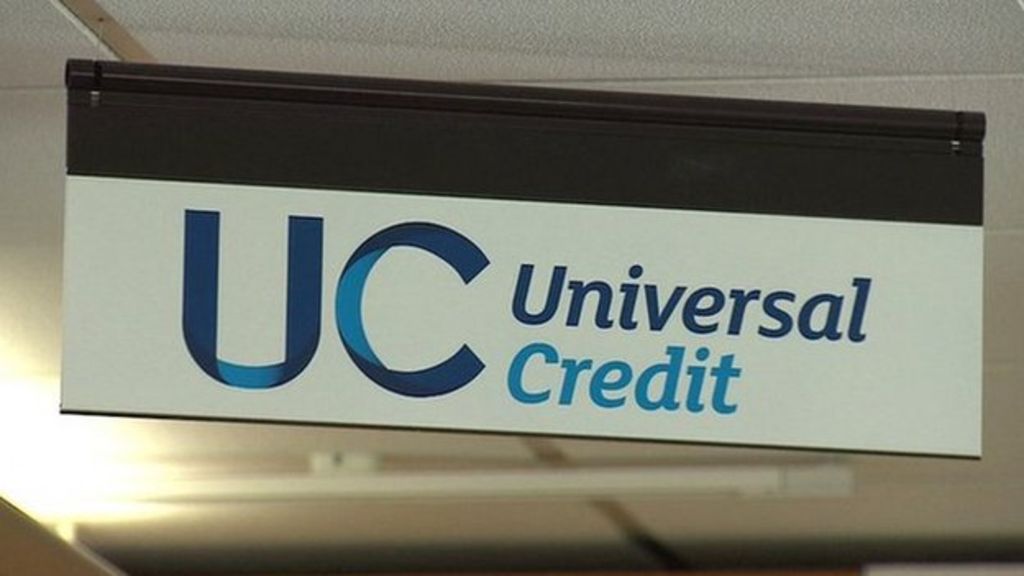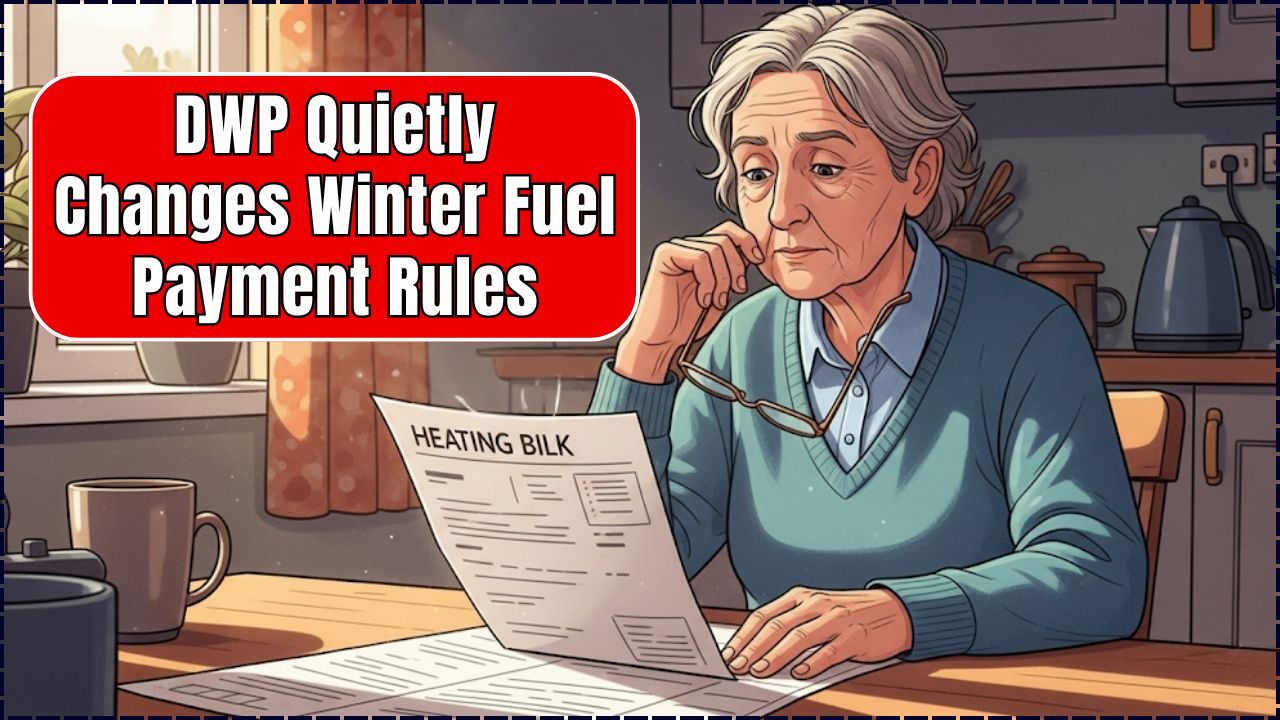If you’ve been keeping an ear to the ground about Universal Credit changes in the UK, you might’ve heard the buzz: Payments could climb up to £1149 a month for some folks. Now, that’s not pocket change — and if you’re thinking, “Alright, who’s actually getting that much?”, let’s break it down in plain English.

As someone who’s spent years guiding people through benefits systems — both in the U.S. and across the pond — I know this stuff can feel like reading legal spaghetti. So today, we’re cutting the jargon, adding some friendly know-how, and showing exactly who qualifies, how it works, and what steps you can take if you think you might be eligible.
Universal Credit Payments Could Rise to £1149 a Month
| Topic | Details |
|---|---|
| Max Monthly Payment | £1,149.94 (combining UC and full enhanced PIP/ADP) |
| Standard UC Rate (Single, 25+) | £400.14/month |
| PIP/ADP Enhanced Daily Living | £110.40/week |
| PIP/ADP Enhanced Mobility | £77.05/week |
| Who Qualifies | UC recipients with serious long-term disabilities who also qualify for both enhanced PIP/ADP components |
| Savings Limit for UC | Under £16,000 |
The Universal Credit £1149/month figure is real — but only for those meeting specific conditions: full enhanced PIP/ADP and UC eligibility. It’s a game-changer for people with serious disabilities, especially in today’s cost-of-living crunch. If you think you qualify, apply, gather evidence, and get advice — don’t leave support you’re entitled to sitting on the table.
A Quick History: Why Universal Credit Exists
Universal Credit was rolled out starting in 2013 to simplify the UK’s welfare system. Before UC, there were six separate benefits — Jobseeker’s Allowance, Housing Benefit, Working Tax Credit, Child Tax Credit, Income Support, and Employment and Support Allowance.

The idea? One payment, one system, making it easier for folks to claim and for the government to manage. Kinda like rolling up all your streaming services into one bill (if only Netflix would play nice with Hulu).
What’s Behind the £1149 Figure?
The magic number isn’t some across-the-board bump for everyone. Instead, it’s the combined total of:
- Universal Credit standard allowance
- Personal Independence Payment (PIP) or Adult Disability Payment (ADP) at enhanced rates for both daily living and mobility needs
Monthly math:
- UC (single, 25+): £400.14
- PIP/ADP Enhanced Daily Living: ~£477.19/month
- PIP/ADP Enhanced Mobility: ~£334.61/month
- Total: ~£1149.94
Step-by-Step: How to Qualify
Step 1: Meet Universal Credit Requirements
To get UC, you typically must:
- Be at least 18 years old (exceptions for some 16–17-year-olds)
- Be under State Pension age
- Live in the UK
- Have savings less than £16,000
- Be on a low income or out of work
Pro Tip: Even if you’re working, you might still qualify if your earnings are low enough.
Step 2: Qualify for PIP or ADP
PIP (England, Wales, Northern Ireland) and ADP (Scotland) aren’t based on your diagnosis but how your condition affects daily living.
Eligibility basics:
- Difficulty with daily living or mobility for 3+ months
- Expect to have these difficulties for at least 9 more months
- Meet residency rules
Enhanced rates are the golden ticket here — both daily living and mobility at the highest level.
Universal Credit Rates: 2024 vs. 2025
This table shows the standard monthly allowances for Universal Credit, highlighting the increases. Your total payment may be higher based on your specific circumstances (e.g., children, housing costs).
| Claim Type | Monthly Amount (2024) | Monthly Amount (2025) |
| Single, under 25 | £311.68 | £316.98 |
| Single, 25 or over | £393.45 | £400.14 |
| Joint Claimants, both under 25 | £489.23 | £497.55 |
| Joint Claimants, one or both 25 or over | £617.60 | £628.10 |
Note: These are the basic standard allowances. Your total payment will be made up of these plus any additional ‘elements’ you qualify for.
Cost-of-Living Context
With UK inflation averaging around 6–7% in 2023–2024 and housing costs eating a big chunk of paychecks, this combined benefit can be a lifeline. According to the Office for National Statistics, the average rent outside London hit £1,200/month in early 2025. That means someone on this top UC+PIP combo could cover rent in many areas — something far from possible on UC alone.
Real-Life Stories
Maria’s Story
42, Manchester. Works part-time at a community center, severe arthritis.
- UC: £400.14
- PIP enhanced daily living + mobility: ~£811.80/month
- Total: ~£1,149.94
Outcome: Can pay rent, afford transport, and maintain some quality of life.
James’ Story
29, Glasgow. Full-time student with cerebral palsy.
- UC lower rate: £316.98
- ADP enhanced daily living: ~£477/month
- ADP mobility: ~£334/month
- Total: ~£1,128/month
Outcome: Able to live independently and hire a part-time carer.
Common Mistakes to Avoid
- Not reporting changes — UC reviews can claw back overpayments.
- Underestimating your needs — People often “play tough” in assessments. Be honest.
- Skipping evidence — The more documentation, the better.
- Missing deadlines — Appeals have strict timelines.
Comparison: UC vs. Other UK Benefits
| Benefit | Purpose | Max Monthly (Single 25+) | Can Combine with PIP? |
|---|---|---|---|
| Universal Credit | Income support | £400.14 | Yes |
| Jobseeker’s Allowance | For jobseekers | ~£317 | Yes |
| Employment & Support Allowance | For illness/disability | Varies | Yes |
| Pension Credit | For pension-age | Varies | No (PIP unaffected) |
Top 3 Myths About Universal Credit
- Myth 1: “You can’t work and get Universal Credit.” Fact: You can work as many hours as you like and still receive Universal Credit. The payment is designed to top up your income, and it reduces gradually as you earn more.
- Myth 2: “If you have any savings, you won’t get anything.” Fact: You can have up to £6,000 in savings without it affecting your payment. If you have between £6,000 and £16,000, your payment will be reduced, but you may still be entitled to some support. If you have over £16,000, you will not be eligible.
- Myth 3: “My partner’s income won’t affect my claim.” Fact: If you live with a partner, your joint income and savings will be taken into account when calculating your Universal Credit payment.
From Across the Pond
If you’re American, think of UC like a mash-up of Supplemental Security Income (SSI), SNAP, and Housing Assistance, all in one payment. PIP/ADP is more like Social Security Disability Insurance (SSDI), focusing on how disability affects your daily activities, not just income.
FAQs
Q1: Can I get UC and PIP at the same time?
Yes — they’re separate benefits.
Q2: Is £1,149/month permanent?
No. Both UC and PIP are reviewed periodically.
Q3: Do savings affect PIP?
No. Only UC has a savings limit.
Q4: Can I appeal a PIP denial?
Yes — and many appeals succeed.












